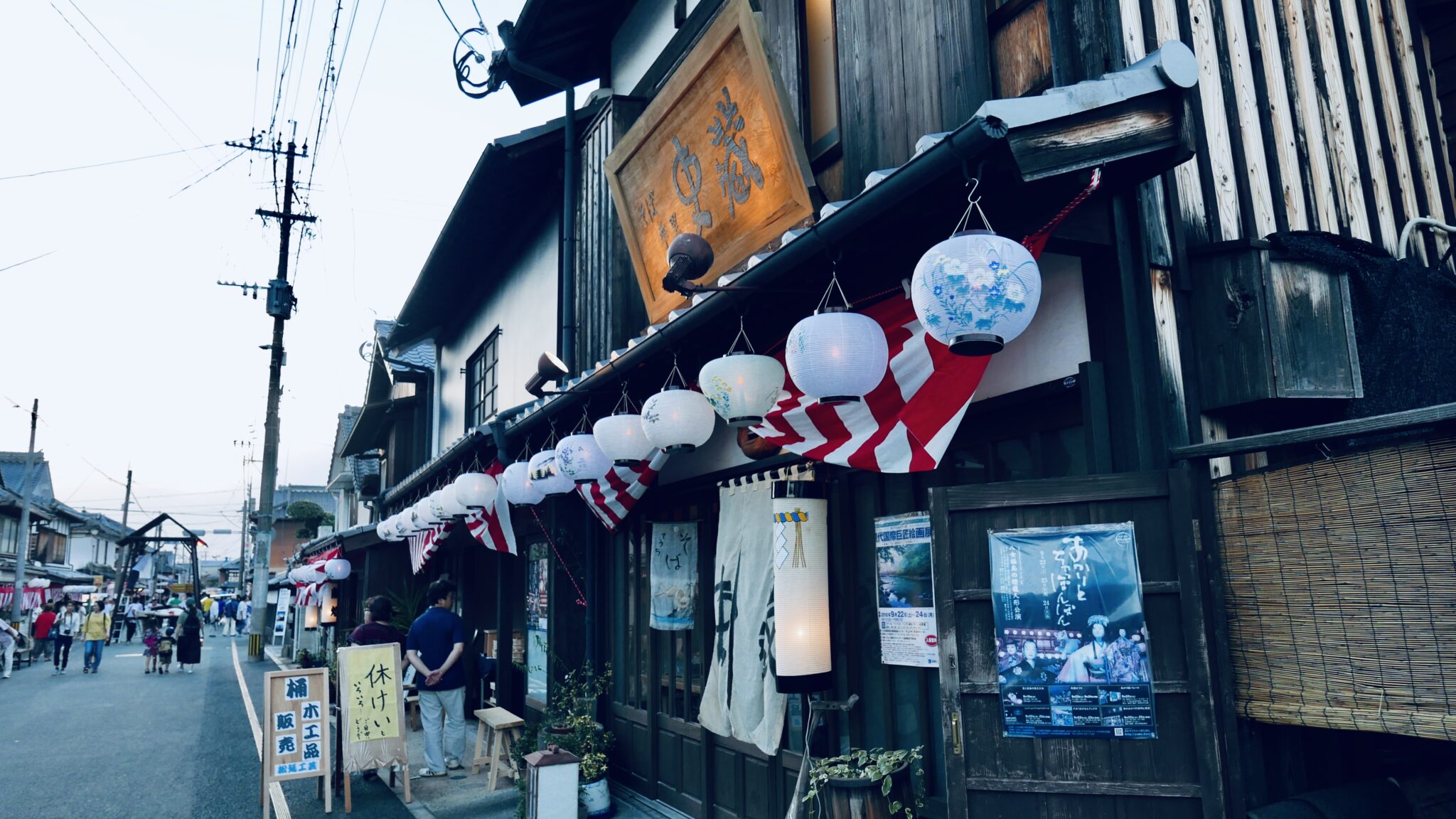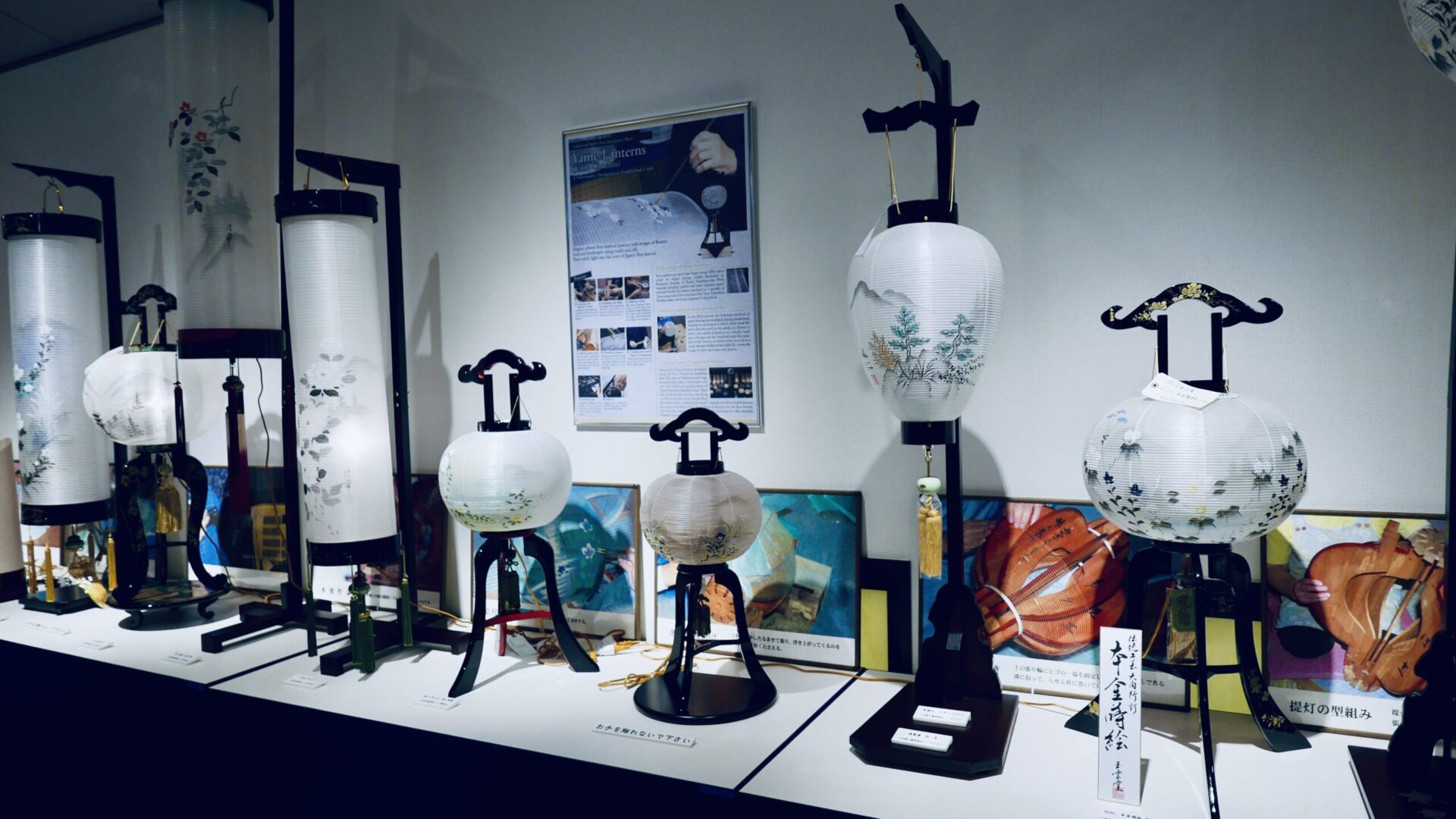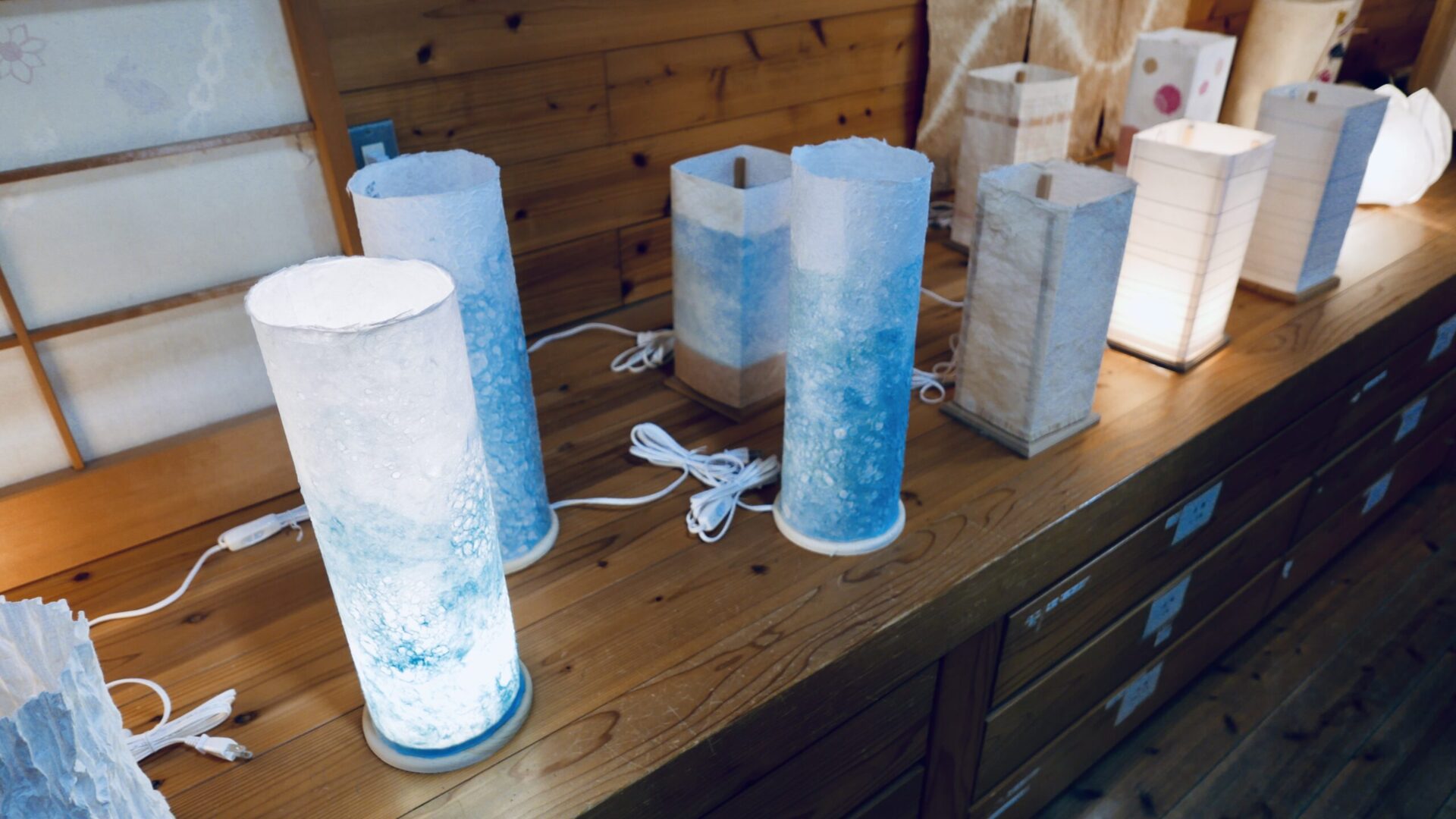Nestled in the serene landscapes of Fukuoka Prefecture lies the quaint city of Yame, a place where the age-old tradition of lantern-making not only thrives but also tells tales of the region’s rich cultural past. Known as “Yame Chochin” in Japanese, these lanterns are a glowing testimony to meticulous craftsmanship that has been honed over nearly two centuries.
The Origins of Yame Chochin
The roots of Yame Chochin trace back to the Bunka Period (circa 1813), when a craftsman named Aramaki Bunzaemon from the town of Fukushima (now Yame City) started crafting these lanterns, initially known as Fukushima Chochin due to their place of production.
The Craft of Lantern-Making
The meticulous process of lantern-making involves traditional techniques and materials such as bamboo, Japanese paper (washi), lacquer, sumac wax, and wood, showcasing the ingenious craftsmanship that the region is celebrated for.
Design Aesthetics
The design aesthetics of Yame Chochin resonate with the Wabi-Sabi philosophy – embracing the beauty in imperfection and transience. The delicate paper, often painted in a single color like that of the Sasanqua Camellia (Sazanka), stretched over a bamboo frame, comes to life as the lantern is lit, casting a warm, inviting glow.
Global Appeal
Yame City Lanterns have found admirers beyond Japan, embodying a charm that transcends geographical boundaries, making them a beacon of Japanese culture and craftsmanship on a global stage.
Keeping the Tradition Alive
In recent years, Yame City has embraced its lantern legacy, hosting local workshops and festivals centered around lantern-making, ensuring that the glow of Yame Chochin continues to illuminate the cultural tapestry of the region, and inspire a new generation of artisans and admirers alike.



コメント